During the 5th session, on the afternoon of June 5, the National Assembly discussed in groups the draft Law on Water Resources (amended). The draft Law on Water Resources (amended) consists of 83 articles and is structured into 10 chapters. Compared to the 2012 Law on Water Resources, the draft Law does not increase the number of chapters (in which 9 articles remain the same; 59 articles are amended and supplemented; 15 new articles are added) and 13 articles are abolished.
Integrating opinions of the community, organizations and individuals in exploiting and using water resources
At the discussion session in Group 1, the majority of National Assembly deputies agreed with the amendment of the Law on Water Resources to contribute to perfecting the legal system on water resources management in the context of the need to strengthen water security, overcome shortcomings and problems in current water resources management; innovate and perfect the legal corridor on water resources management; exploit and use water resources effectively; ensure water security and safety in river basins...
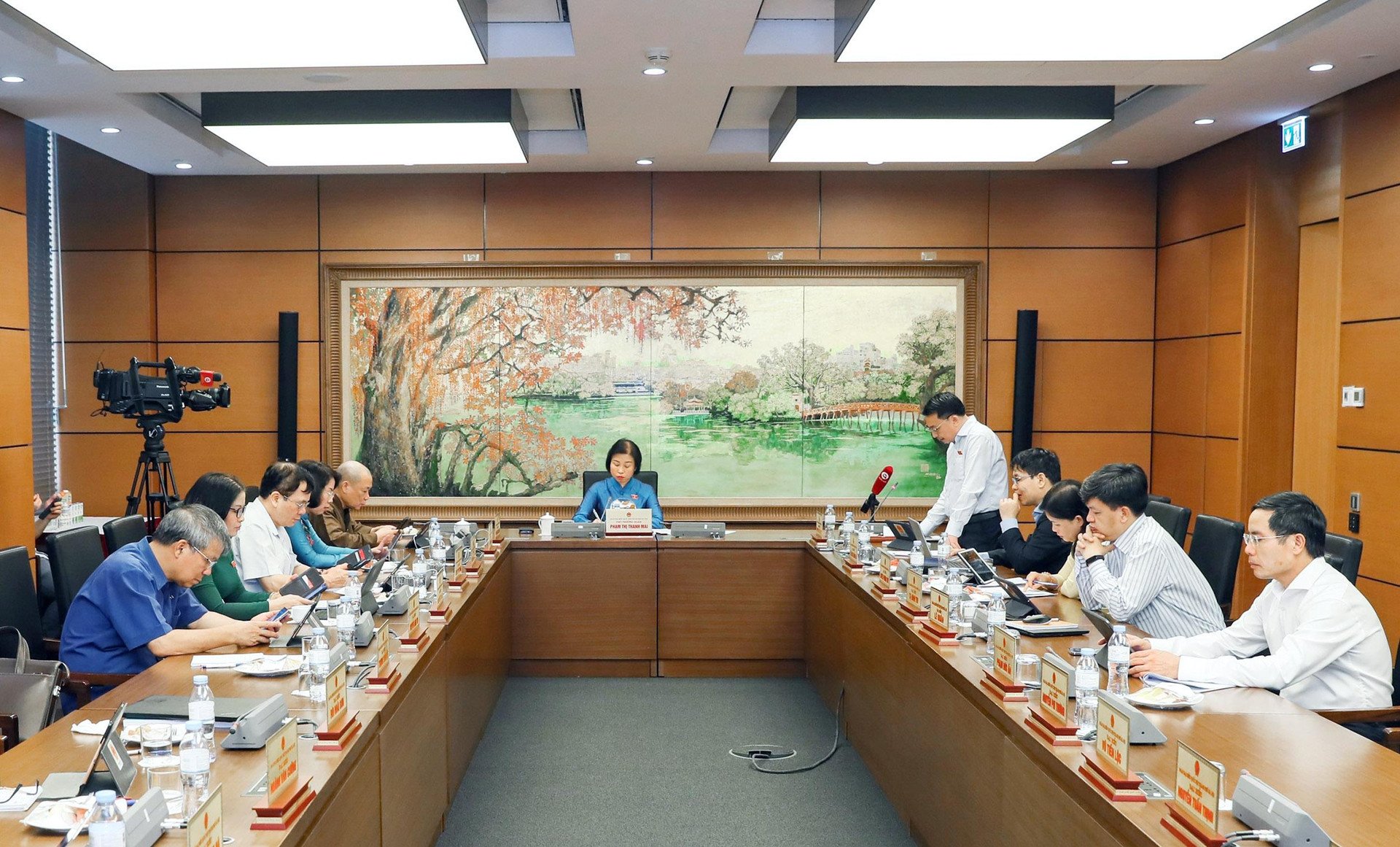
Delegate Tran Thi Nhi Ha suggested that the agency in charge of drafting the Law on Water Resources (amended) should continue to study and complete the content of Clause 16, Article 3 of the Draft Law on Water Resources on "carrying capacity of water resources" to ensure consistency with the provisions in Clause 23, Article 3 of the Law on Environmental Protection on the carrying capacity of the environment. In addition, it is recommended to continue reviewing and completing the content of Article 34 on prevention and control of seawater pollution with the provisions on protection of the seawater environment (Article 11 of the Law on Environmental Protection) and the provisions on control of marine and island environmental pollution in the Law on Marine and Island Resources and Environment to ensure consistency and unity.
Clause 5, Article 33 stipulates that “Reservoirs, dams and other water exploitation and use works that exploit water inefficiently, causing degradation, depletion and serious pollution of water sources must be renovated, upgraded, converted to other purposes or demolished.” Delegate Tran Thi Nhi Ha proposed to add more subjects such as saltwater dams, saltwater sluices, breakwaters, etc. to ensure full coverage of works in practice, on that basis assigning the Government to provide detailed regulations.
Clause 6, Article 33 stipulates that “In case of using water surface of rivers, streams, reservoirs for aquaculture, tourism business, entertainment, solar power and other activities using water surface, organizations and individuals using water surface must be approved in writing by the competent state management agency of water resources”. In practice, there will be cases of using water surface to build wind power projects. Therefore, delegate Tran Thi Nhi Ha proposed to edit the phrase “solar power” to “renewable energy”.
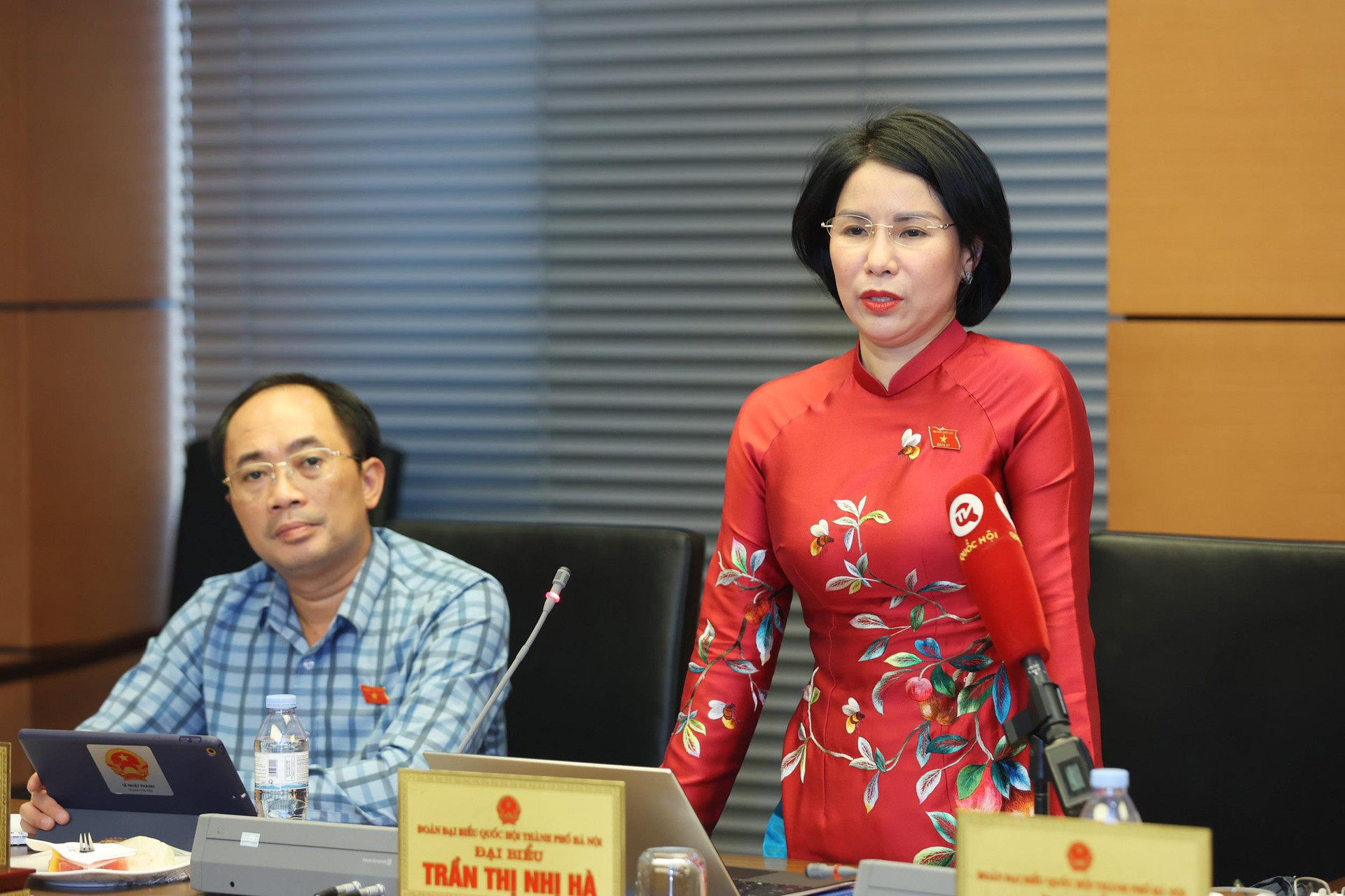
Regarding investment in construction projects, including construction of works to exploit and use water resources that have a great impact on socio-economic development activities and people's lives, the project is basically subject to environmental impact assessment and environmental licensing. Therefore, delegate Tran Thi Nhi Ha suggested that the drafting agency study the integration of the procedure "Getting opinions from the community and relevant organizations and individuals in exploiting and using water resources" stipulated in Clause 7, Article 44 of the Draft Law with the procedure "Consultation in environmental impact assessment" stipulated in Article 33 of the Law on Environmental Protection; consulting opinions of relevant agencies, organizations and individuals according to the order and procedures for granting environmental licenses stipulated in Clause 2, Article 43 of the Law on Environmental Protection to strengthen administrative procedure reform and reduce investment costs for project owners. In addition, it is recommended to review, complete and supplement specific regulations in this Law on decentralization of authority to grant licenses for exploitation and use of water resources according to exploitation quotas and water use quotas.
Contributing opinions to the draft Law on Water Resources (amended), delegate Ta Dinh Thi said that the draft Law has been carefully prepared by the Government, absorbing international experience. The amendment of this Law is timely, in line with current life trends as well as the situation of climate change and water pollution. The content of the amendment to the Law on Water Resources is relatively comprehensive, focusing on key issues and current shortcomings.
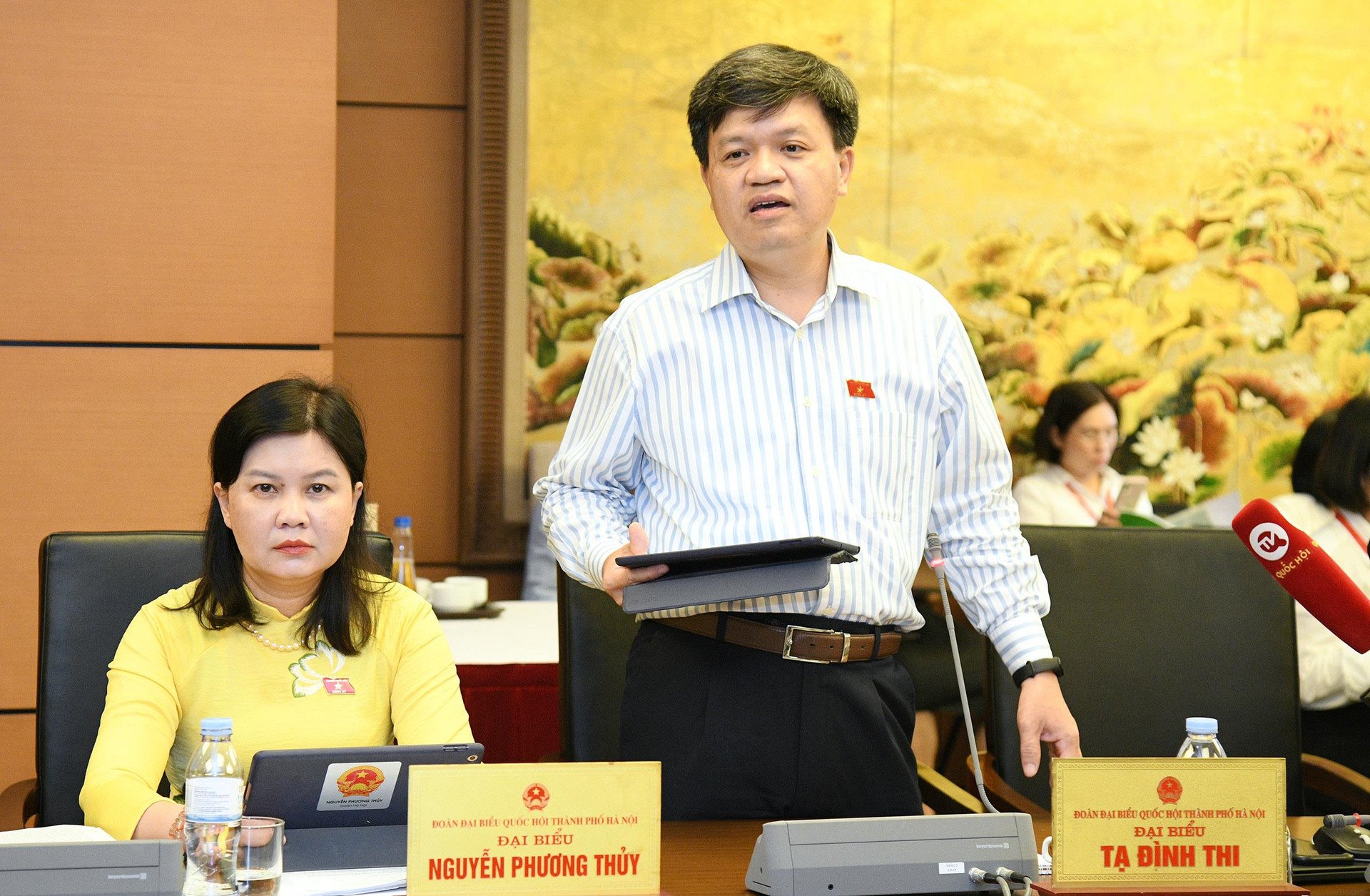
Regarding water resources management by river basin, delegate Ta Dinh Thi said that there is a need for water resources management tools in river basins as well as proposed to supplement the responsibilities of ministries, river basin organizations and relevant parties in determining minimum flows. In addition, he suggested that the drafting agency should clearly define the roles, functions and tasks of the river basin organization, especially the functions of investigating and assessing water reserves, planning; regulating water exploitation and use; monitoring water exploitation and use, protecting the environment and ecosystems, etc. to improve the effectiveness of water resources management in river basins.
In addition, currently, the operational resources of the River Basin Council are still limited, so it is recommended that resources be regulated to arrange operations more effectively. On the other hand, the draft Law should have clearer regulations on water management activities in river basins in a more flexible and effective manner.
It is necessary to reduce the provisions to wait for the Government to review before implementing.
Contributing opinions to the draft Law on Water Resources (amended), delegate Nguyen Thi Lan highly appreciated the amendments to the Law on Water Resources, which basically meet current practical requirements. However, the 2012 Law on Water Resources has many shortcomings, so it is necessary to review the entire Law.
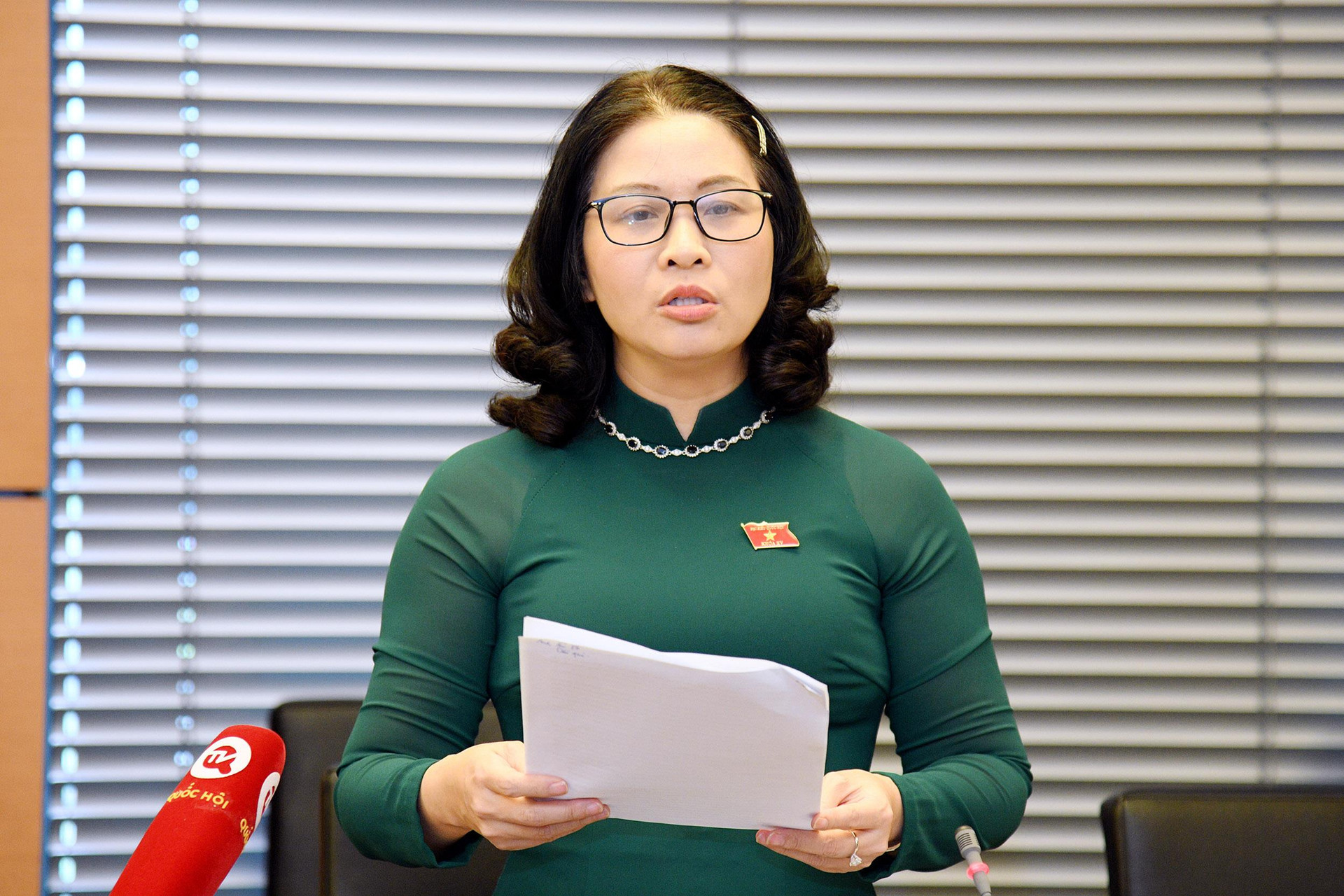
According to delegate Nguyen Thi Lan, currently in the draft Law on Water Resources (amended), there are 21 provisions assigned to the Government for consideration and implementation. Therefore, it is necessary to reduce the number of provisions waiting for the Government to consider before implementing. In addition, the draft Law needs to stipulate the combined responsibilities of ministries, ministerial-level agencies, and localities in regulating reservoir water for daily life, agriculture, industry, and other economic sectors according to the plan for regulating and distributing water resources when droughts and water shortages occur; and decide to limit the distribution of water resources for activities that use a lot of water and are not urgent.
Delegate Nguyen Quoc Duyet said that the Drafting Committee of the Law project needs to add more solutions to deal with dam breaks, dam and reservoir safety; and clarify more about water supply works. In addition, it is also necessary to mention more clearly the responsibilities of ministries and branches regarding water security.
During the discussion session, delegates of Group 1 also contributed their opinions on the draft Law on Credit Institutions (amended). The majority of the National Assembly Deputies agreed on the need to amend the Law on Credit Institutions for the reasons stated in the Government's Submission.
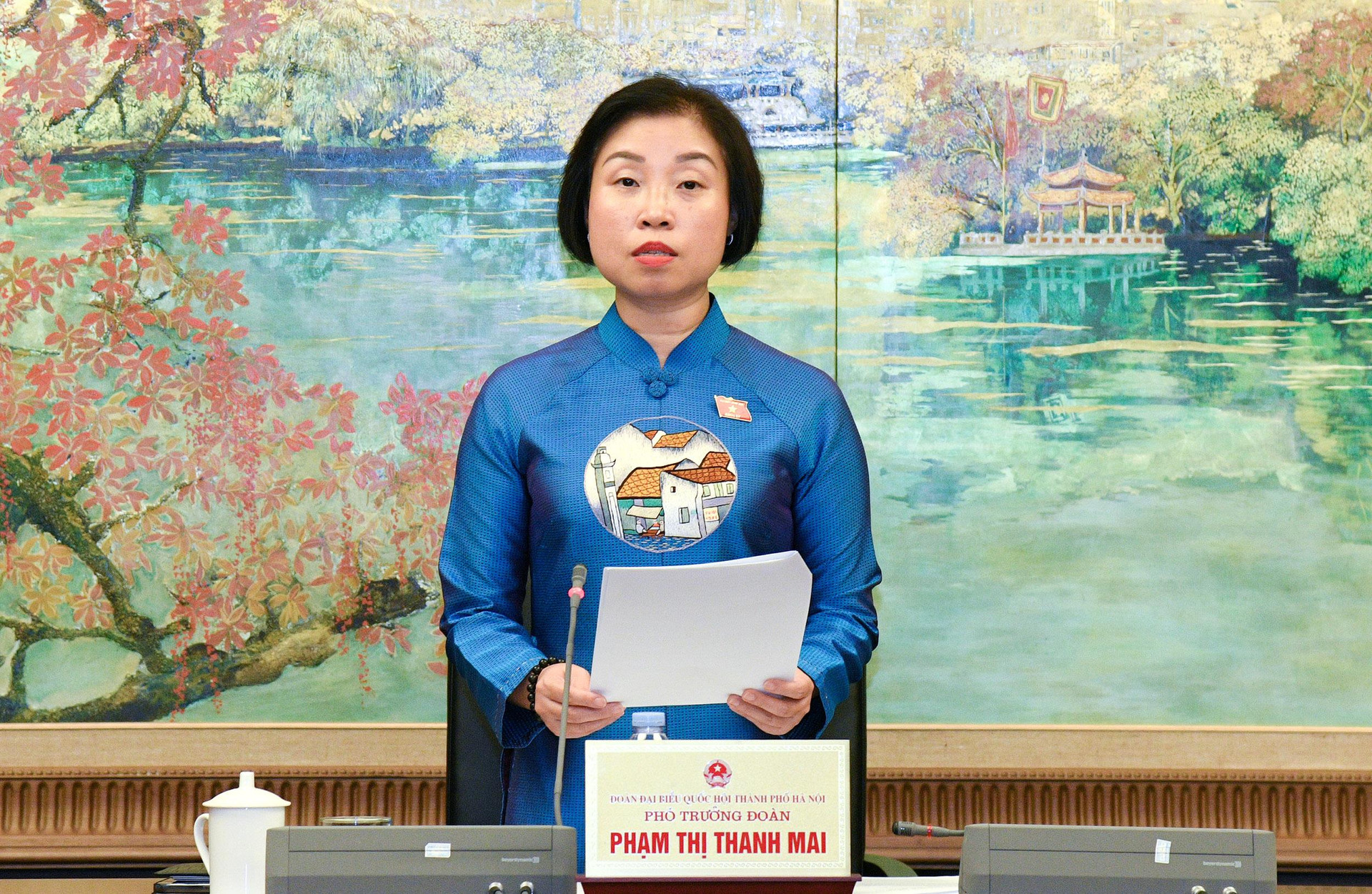
Concluding the discussion session, Deputy Head of the Hanoi Delegation of National Assembly Deputies Pham Thi Thanh Mai acknowledged the contributions of the National Assembly Deputies to the draft Law on Water Resources (amended) and the draft Law on Credit Institutions (amended). Through the opinions and proposals, the Secretariat of the Delegation will synthesize and review them before the National Assembly considers and contributes opinions on these draft Laws in the Hall.
Some pictures at Group 1 meeting:
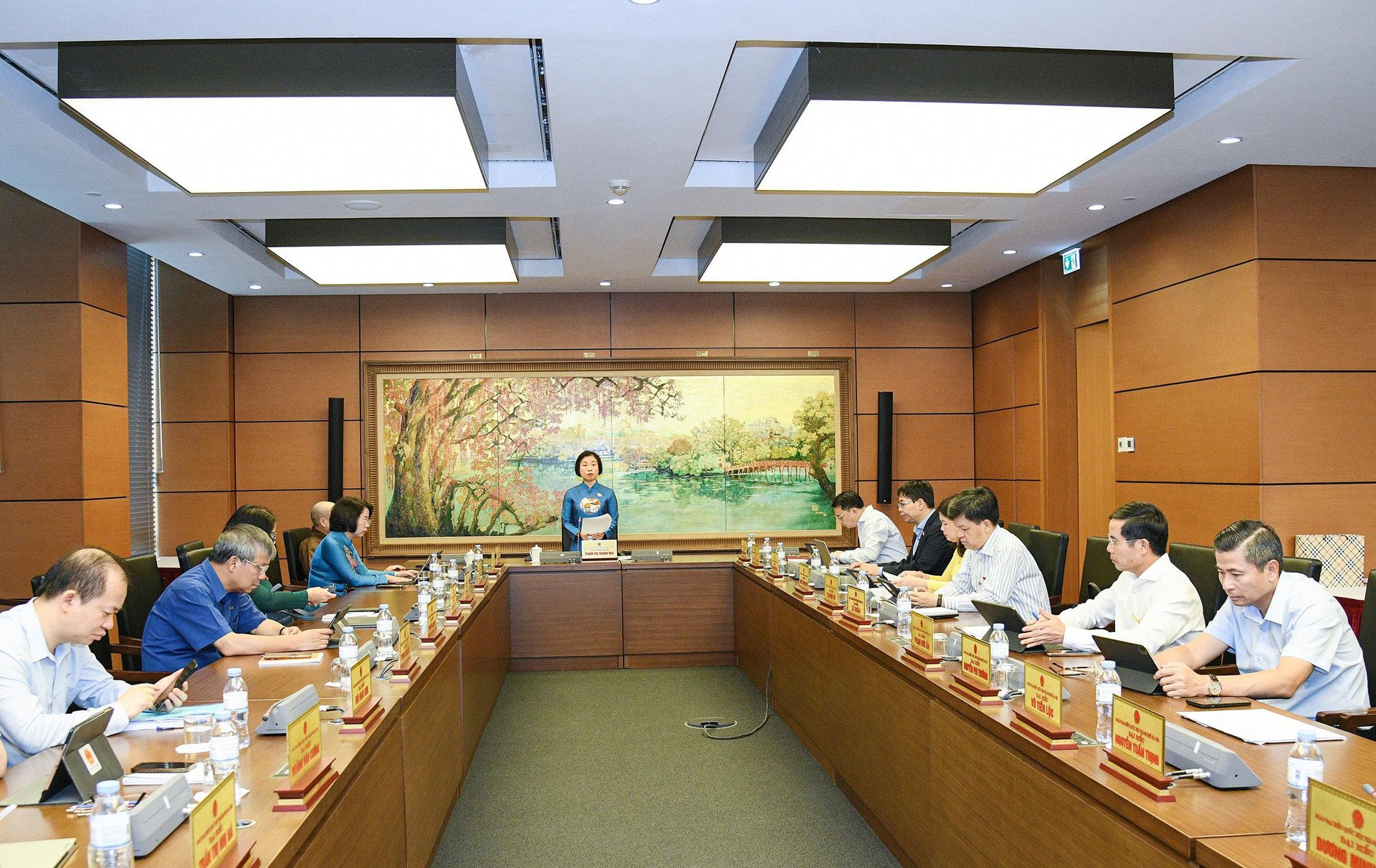
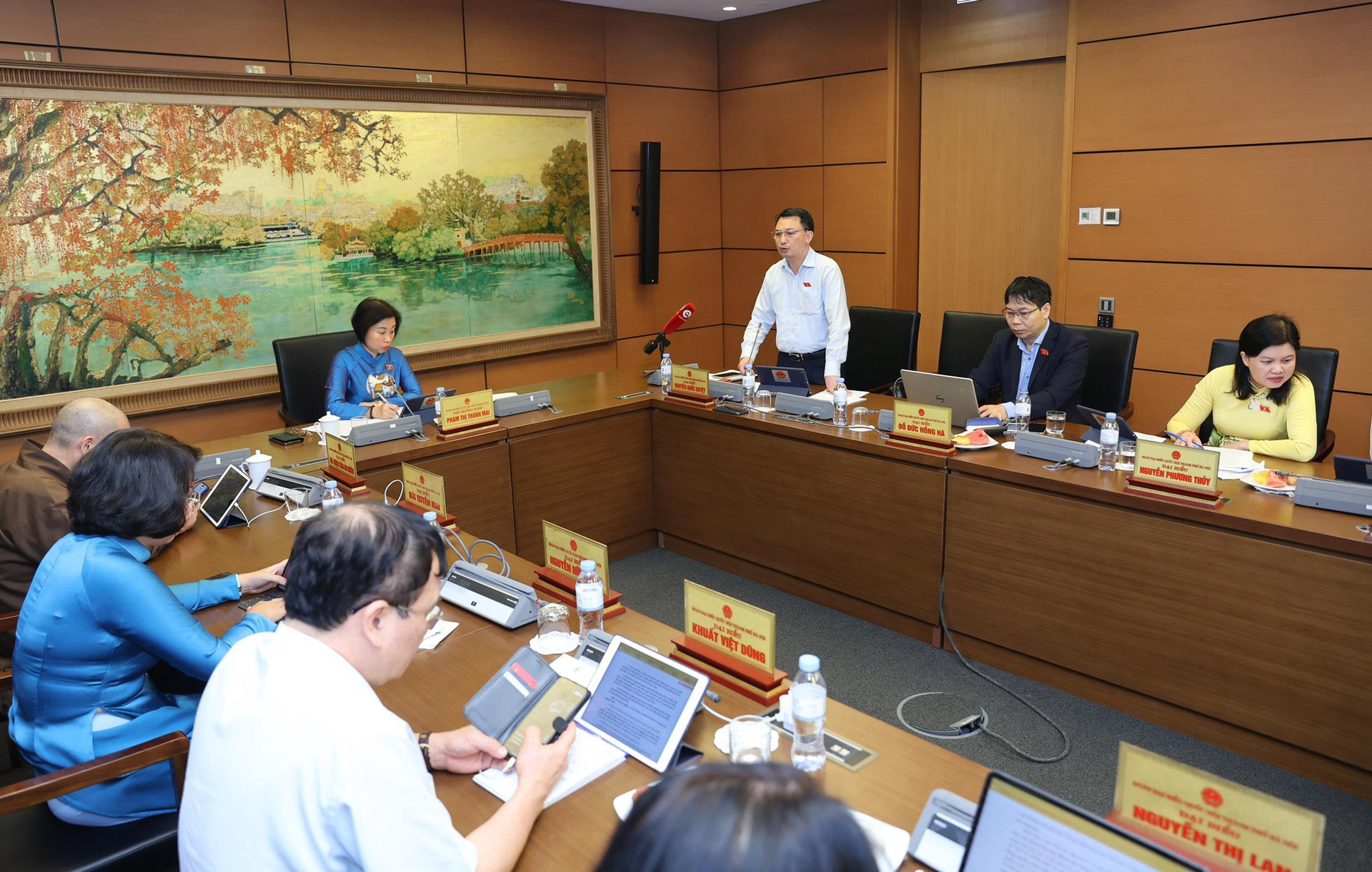
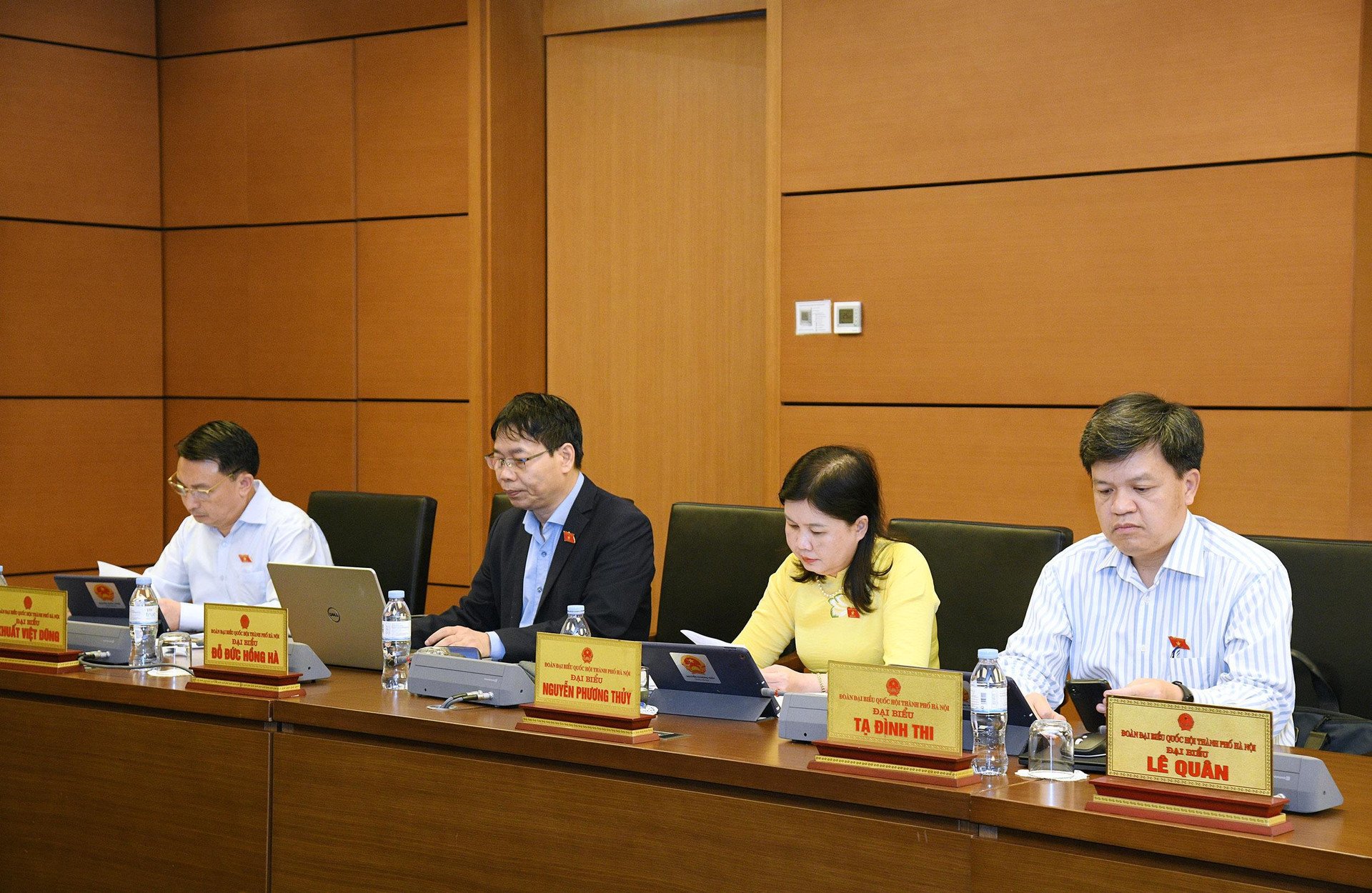
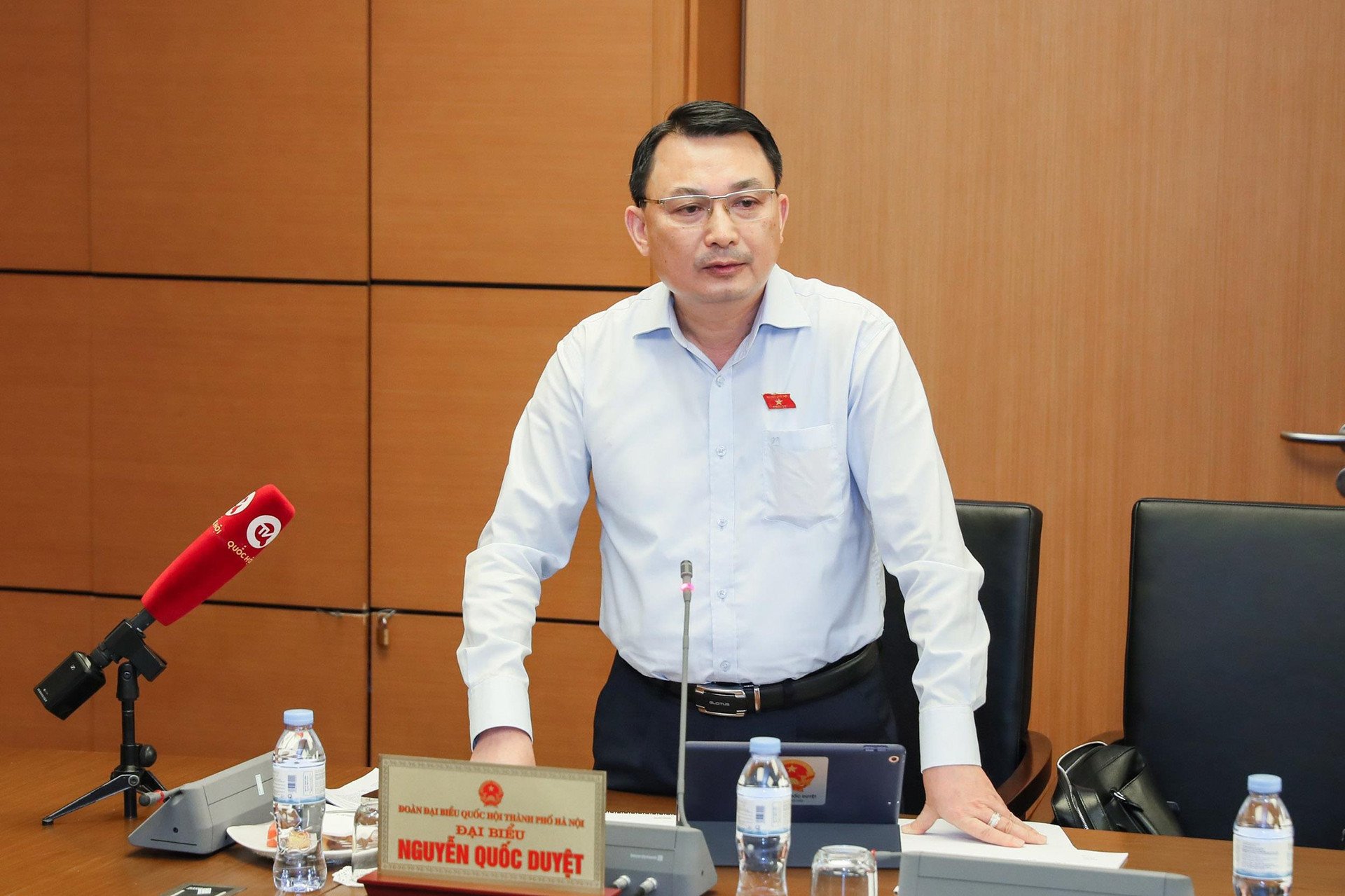
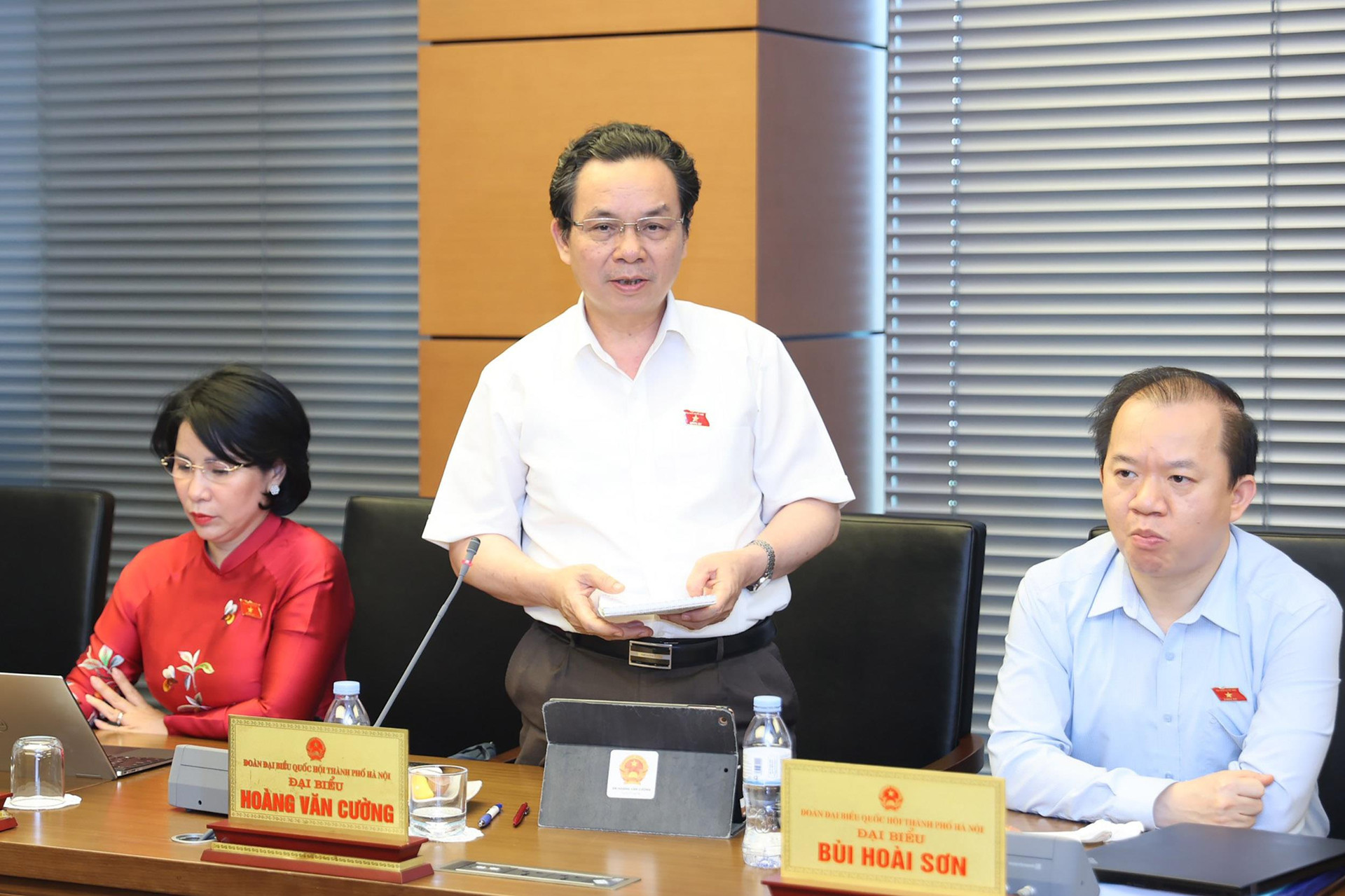
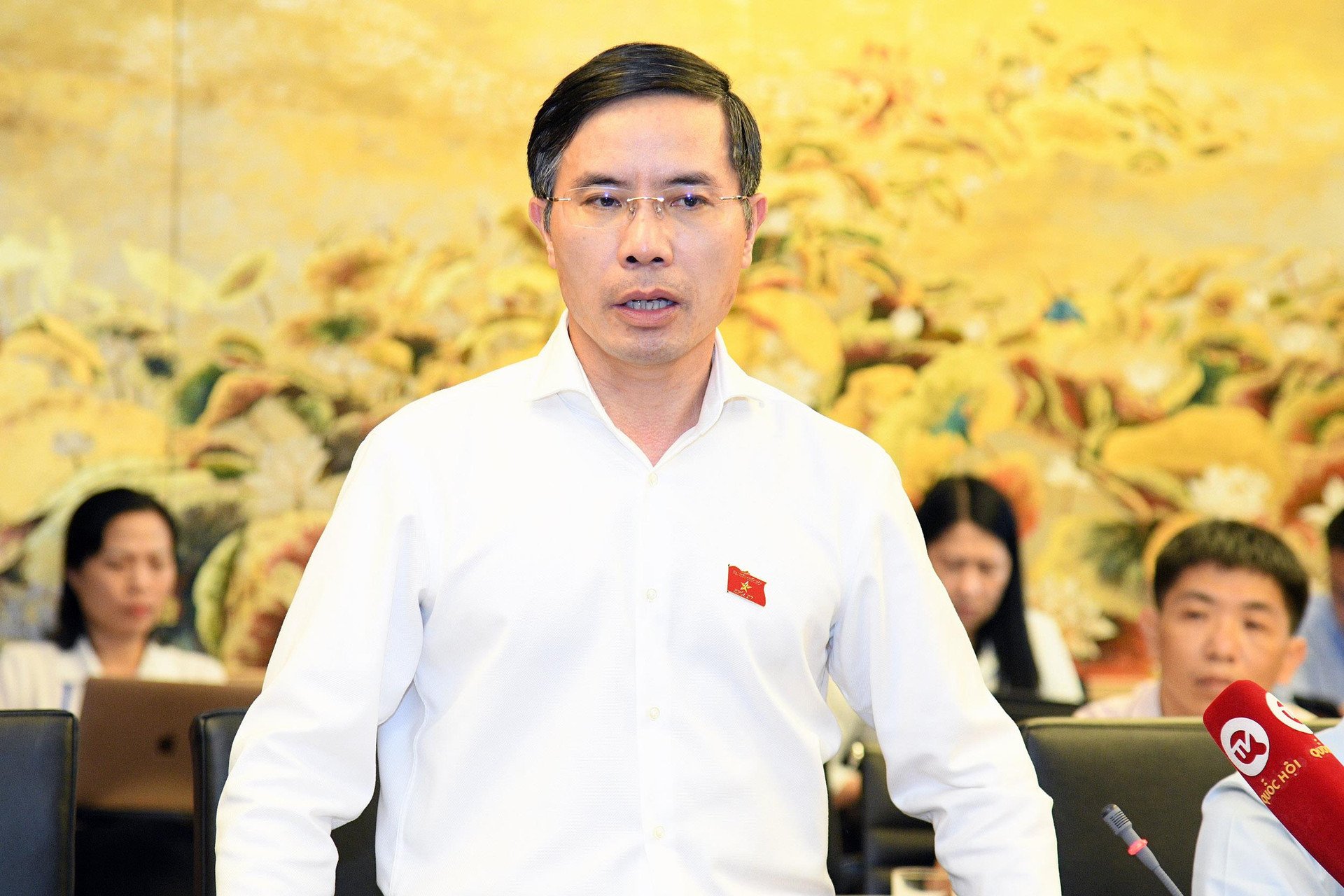
Source




![[Photo] Da Nang: Hundreds of people join hands to clean up a vital tourist route after storm No. 13](https://vphoto.vietnam.vn/thumb/1200x675/vietnam/resource/IMAGE/2025/11/07/1762491638903_image-3-1353-jpg.webp)





















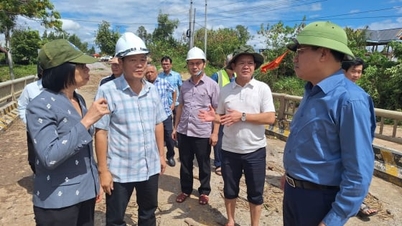
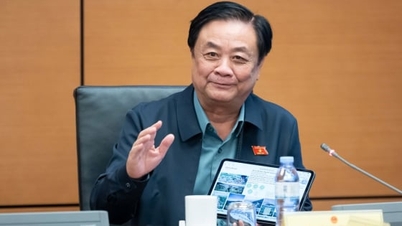






































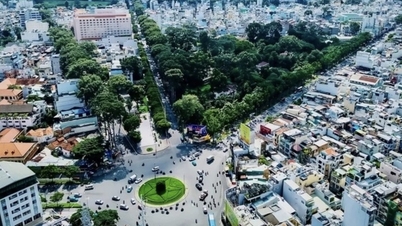



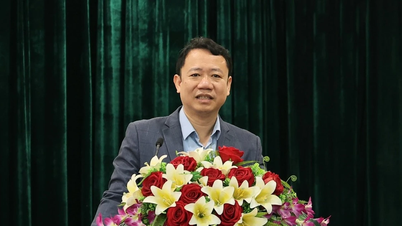




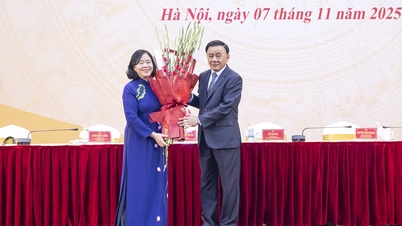


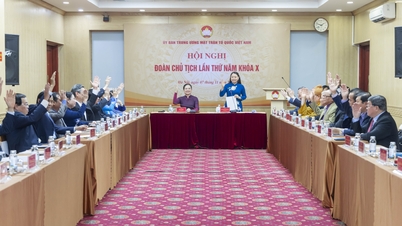






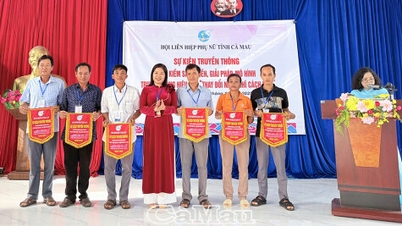

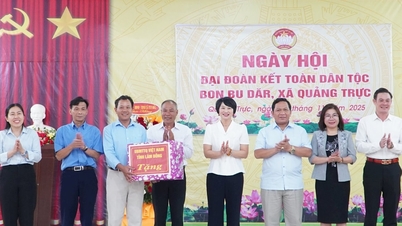













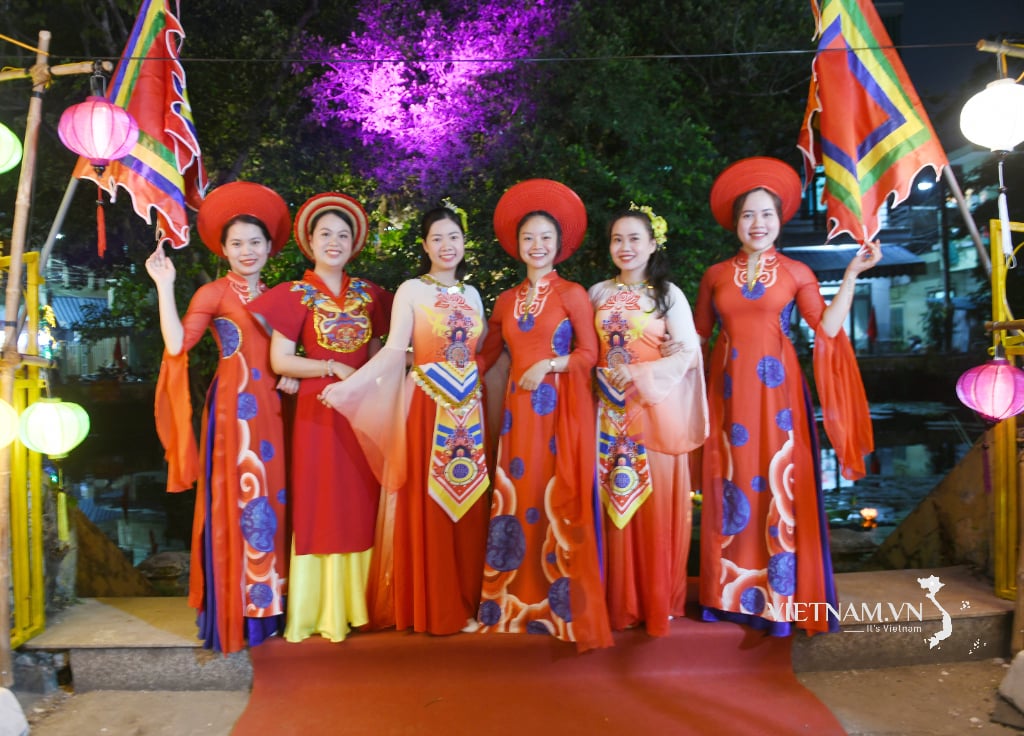

Comment (0)